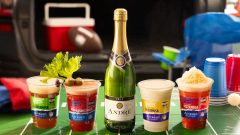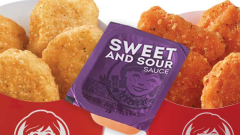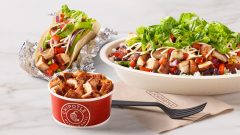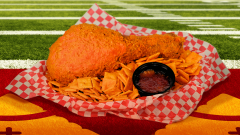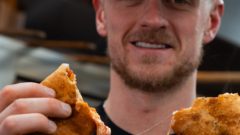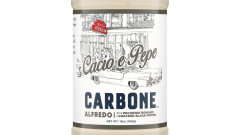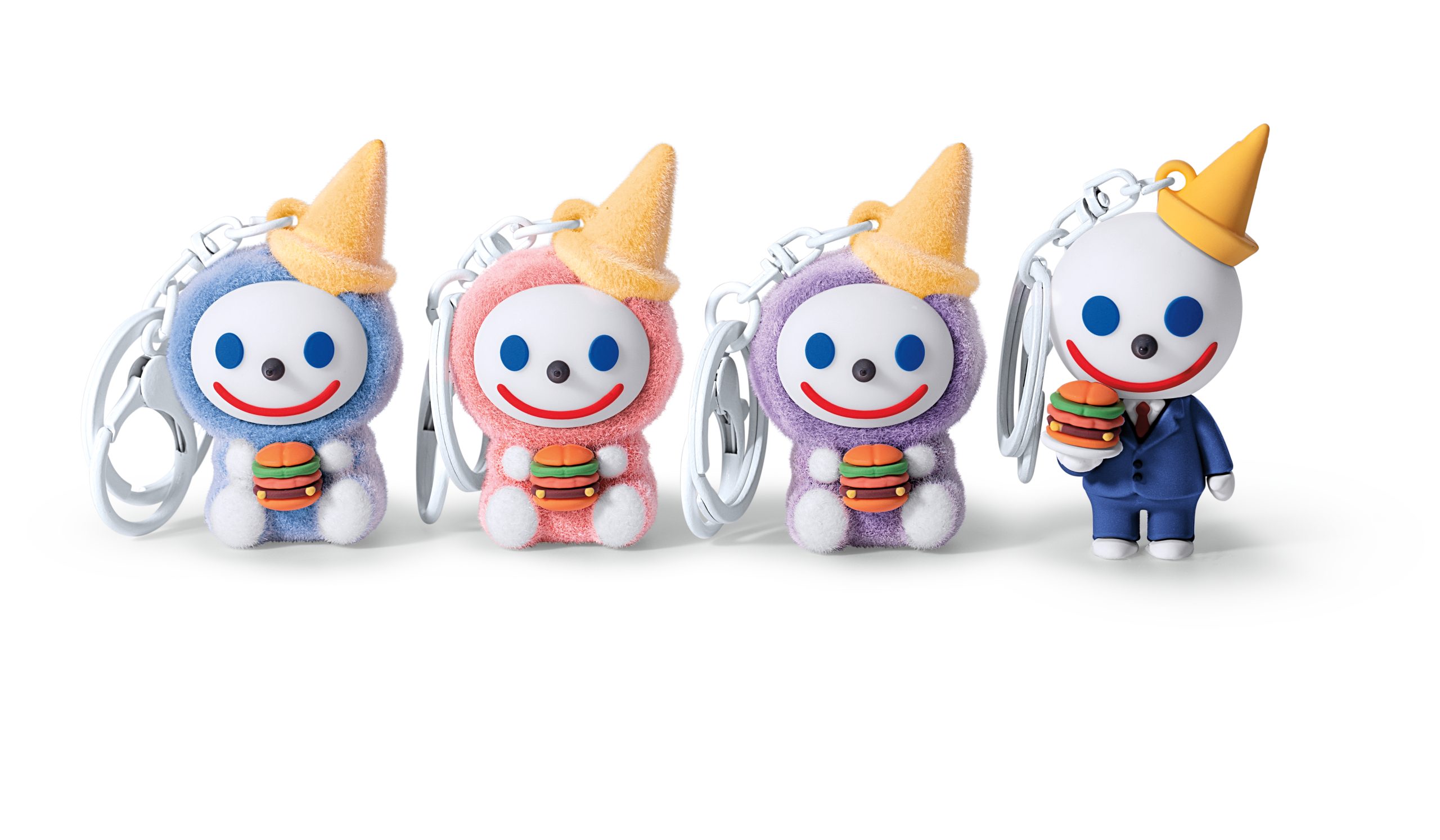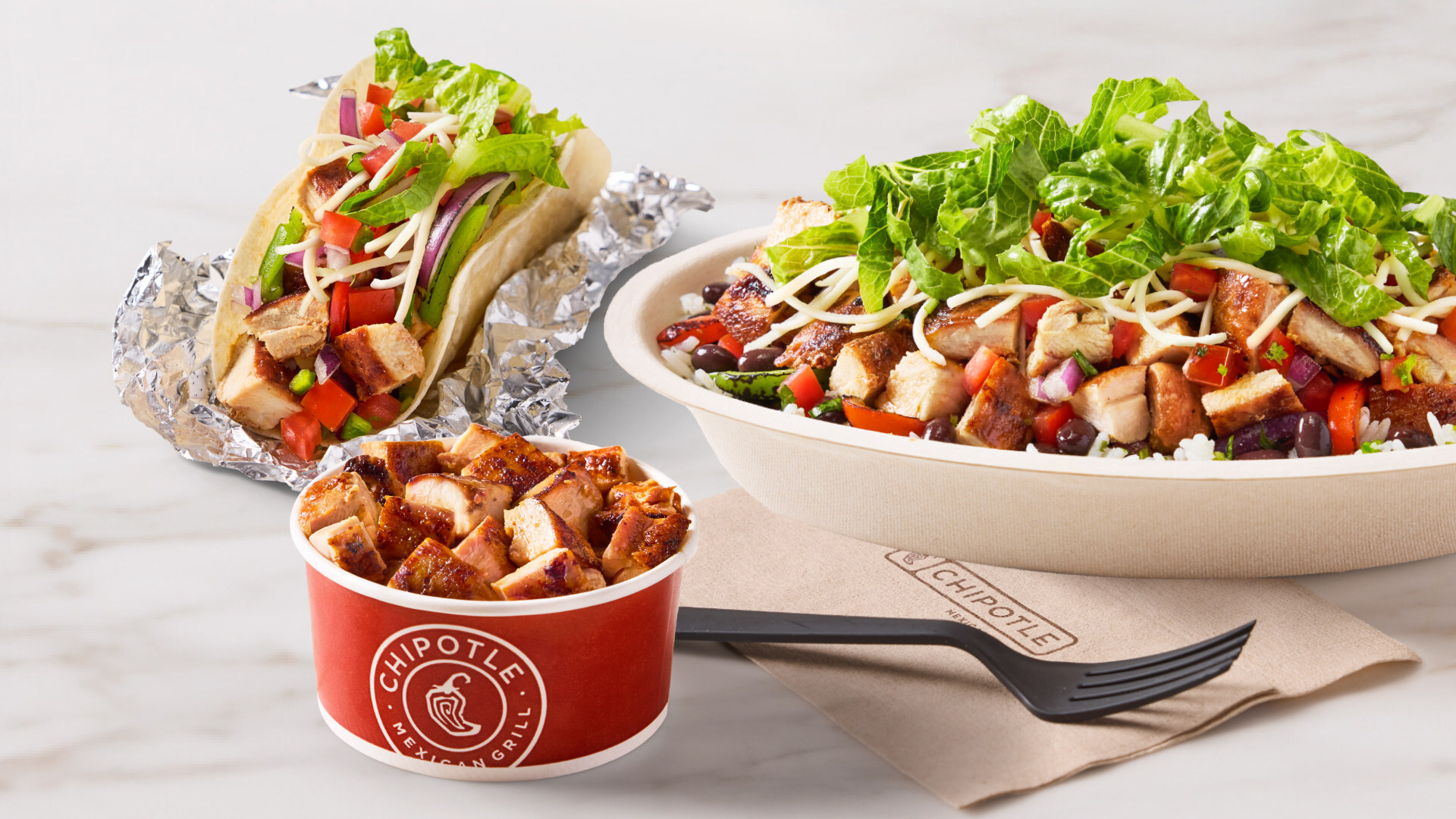Bartenders Knuckle Up For Their Health In Actual Bartender Boxing Organization
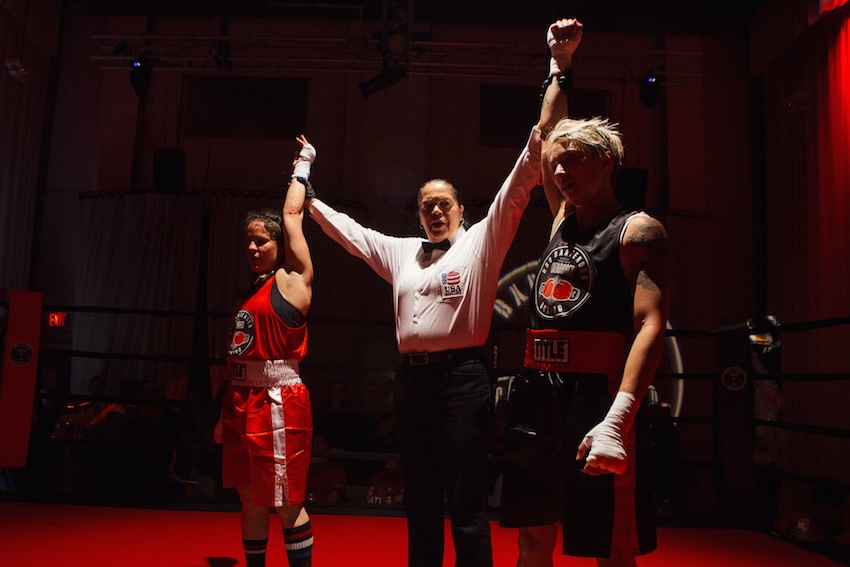
Walking into the famed Gleason’s Gym in Brooklyn, you’ll see all the tropes you’d expect: the boxing rings, the heavy bags, the posters and, of course, the men and women performing feats of pugilism that make you question your own athleticism and self-worth. What might not be as expected or apparent, are that quite a few of them are bartenders who just a few hours ago were slinging drinks at some of New York City’s hottest bars.
The 12 barmen and barwomen aren’t alone. In Chicago’s Oakley Fight Club, another 12 bartenders are also training as well. All 24 promising pugilists were handpicked for the Bartender Boxing Organization’s (“BBO”) Round Two sponsored by Tequila Cazadores.
The goal is to take bartenders out of their comfort zone with the physical and mental challenge of boxing by immersing them in a 12-week training program where their fitness, nutrition, and mental toughness will be tested, honed, and perfected under the watchful eyes of Littrell and trainers Dalon Parsley and Leon Taylor. The end goal is to select eight participants from each city to box one and other in a tournament. The top four fighters from those two showcases will face-off on November 19th. Earlier this year, bartenders from Los Angeles and Houston went head to head at Tales of the Cocktail.
Cazadores saw themselves as a natural fit as a sponsor for the organization. “We’ve always supported professional boxing,” Manny Hinojosa, Brand Ambassador for Tequila Cazadores. “We’ve worked with De La Hoya, Pacquiao, and Golden Boy Promotions. We wanted to figure out how we could bring that to the guys who serve and pour our tequila. We wanted to change the bartender lifestyle and its been very well received.”
So how were the bartenders-turned-boxers chosen? “It’s a very small industry and everyone knows each other so we wanted to make sure it wasn’t based on where people worked,” said Littrell, who explained that the first round of eliminations were done by BBO Boxing Director Tommy Neff based on physicality. “From there everyone received preliminary letters to learn more about them and I reached out directly to explain expectations. We wanted to give them a realistic sense of what we were asking.”

The ask was that each participant train three times a week for three months at the gym as well as additional personal training every other day. Gym sessions include running two miles in less than 20 minutes as well as doing 100 push-ups, 100 sit-ups, 100 dips, and 100 pull-ups. This is all before bartenders then go into their team training. It’s one hour of extremely high intensity training and that’s addition to their standard 12-hour work shifts. All the participants from each city will go through the 90-day leaderboard training program focusing on boxing technique, conditioning, high intensity interval training as well as developing a new diet regimen to determine who will be featured in the cities’ showcases.
“The team members are intense,” say Littrell during a break. “Some of them train all the time and some of them have never trained before in their lives. The one thing that everybody enjoys is the group discipline and the teamwork. We try to generate that day in and day out. The motivation is already there.”
United by a common motivation, the bartenders had several reasons for signing up for BBO.
“I have been yearning for the feeling of team practice on a routine basis,” says Jessica Dure, who tends bar at Chumley’s and Sushi Nakazawa. “Having a program like this where I can be amongst my peers and we can challenge each other on a different realm other than a professional realm is really awesome to be a part of. As an adult too, it’s a different mindset. I was a three-season athlete growing up but the extent to which you can push yourself as you grow older and who you’re surrounded with changes a lot, so it’s cool to have this support system like this.”
“I was always interested in doing some alternative workout,” adds The NoMad Bar’s Pietro Colina. “I usually hate working out. I am a sports person, so I am challenged more by my competitive nature. I get really bored in the gym, so when I heard about this opportunity, I jumped right on it.”
Watching the bartenders train, its hard to believe its only been four weeks since they started but they say they can tell the difference. “It was pretty tough to start. I would be pretty tired at work,” says Devin Kennedy, Cote Korean Steakhouse’s head bartender. “Somedays, I couldn’t shake a shaker because my arms were like noodles but it’s gotten a lot better.”
“The level of intensity of this sport has surprised me,” adds Brian Valencia of The Box Cabaret. “I have done almost every sport – I can run so many miles but if you put me in the ring for three two-minute rounds of intense punching and moving across the ring, I am tired out. It’s impressive, the level of athleticism that boxers have.”

All the participants seem to have fallen in love with the “sweet science” even if it’s not what they were initially expecting.
“I felt like there was going to be more of a euphoria getting into the ring,” says Dead Rabbit’s Jessica Friedman. “But its more about how focused you are on technique and learning the right way to do things as opposed to throwing hands at full strength. We’re learning the right way to take care of ourselves and learning the right way to do it.”
Littrell agrees. “We don’t mention about the ‘k word.’ We don’t talk about haymakers. We don’t even talk about fighting. We talk about the surgical, technical skill of boxing.”
With the regional matches coming up, BBO hopes that these four cities are just the beginning.
“We’re getting unbelievable feedback on our Facebook page with people asking how they can take part in other markets,” Littrell says. “Everyone is interested in this so we’re very much looking forward to 2018 and developing programs across the country.”



